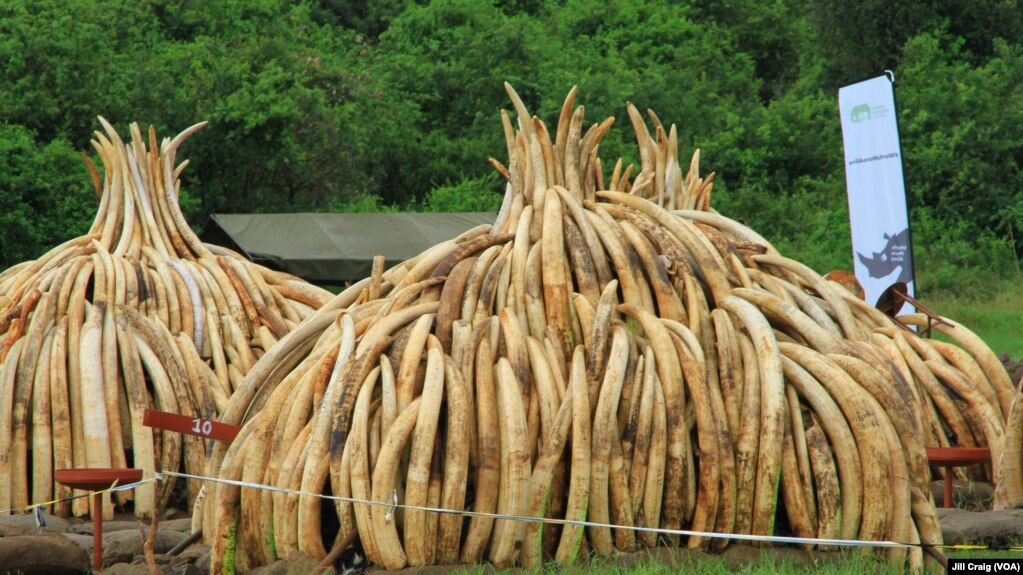Luddly Neddite
Diamond Member
- Sep 14, 2011
- 63,947
- 9,980
- 2,040
New documentary called White Gold states -
To get an idea of how rare ivory is now, one and half tusks are enough to finance a major terrorist attack like the one in Nairobi in 1998.
Entire families are wiped out to get the ivory. If poaching continues at this rate, elephants will be extinct in the wild in less than 5 years.
President Obama had 6 tons of confiscated ivory crushed just last week so that it could never get back into circulation and used to fund terrorism.
To get an idea of how rare ivory is now, one and half tusks are enough to finance a major terrorist attack like the one in Nairobi in 1998.
Entire families are wiped out to get the ivory. If poaching continues at this rate, elephants will be extinct in the wild in less than 5 years.
President Obama had 6 tons of confiscated ivory crushed just last week so that it could never get back into circulation and used to fund terrorism.














